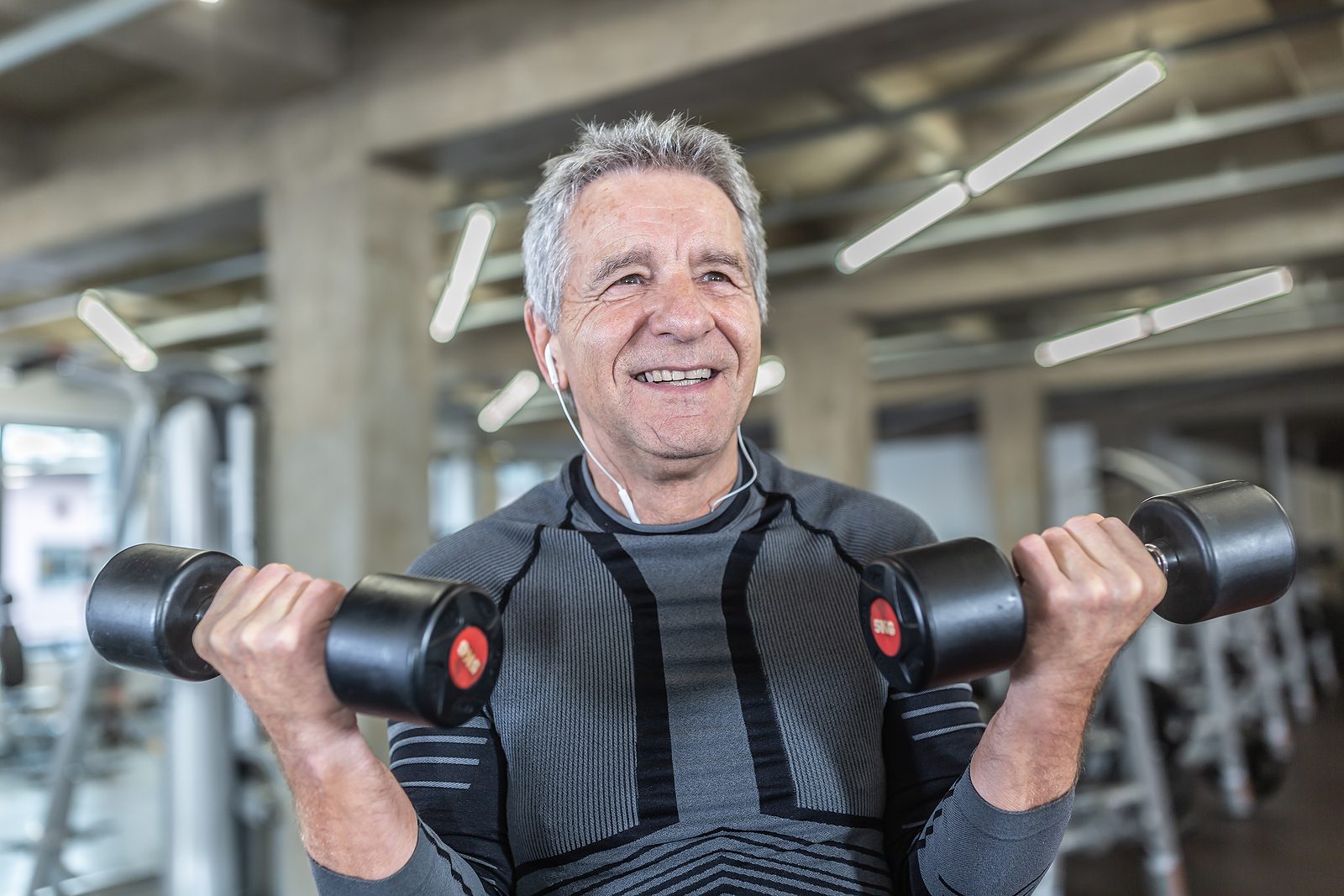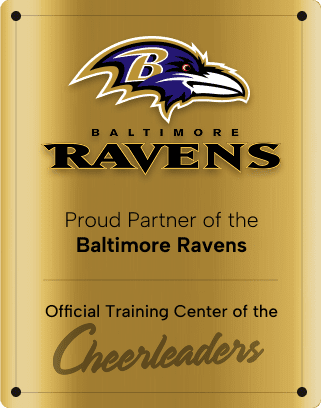Taking an hour out of a day that is already filled to the brim to work out seems like it adds responsibility to an already full 24-hour roster. But what if that hour spent working out does more for the mind and body than we realize? The changes that happen to our minds and bodies are far greater than a body thankful for a new bathing suit fit. This time is carved out for working out isn’t just a luxury: it’s necessary for optimal health.
The Body’s Response to Movement
When you work out, good things start happening to your body from within. The more conditioned you are, the less you succumb to or attempt to control a variety of health issues that range from strokes to metabolic syndrome to high blood pressure, type 2 diabetes, depression, anxiety, and even some forms of cancer. When conditioned, the body functions better with itself when under duress, whether it’s a racing heart or components of the cardiovascular system.
But wait, there’s more. Always with the caveat that more research is needed, an article from Harvard Health points out that exercise is critical for seniors. It encourages the production of certain proteins and other chemicals that promote the organization of the brain and how it works, meaning this mind-body connection on a neurochemical scale could be yet another factor as to why people who exercise regularly find themselves more capable of focusing, retaining, and learning information.
Mental Health: Exercise is Good for Your Mind
The most fascinating benefits come from the mental health side of things. For example, the National Institute on Aging reports that exercise triggers endorphins—natural chemicals whose presence in the brain makes one register pain differently and create positive experiences; in other words, the “feel good” neurotransmitters which make you feel good after a workout. National Institute of Health researchers discovered that individuals of all ages who work out regularly experience less depression and anxiety. The results imply that for certain individuals, breaking a sweat is equivalent to medically prescribed, over-the-counter options for mild to moderate depression. Sweating it out reduces one’s anger in healthy ways, reduces cortisol (stress hormone) levels in the blood, and releases endorphins, which is the body’s version of an antidepressant. It also helps in treating many other comorbidities.
Building Resilience Through Movement
Exercise makes you more resilient. When you stress your body by working out, you’re also conditioning your body to handle stressors better elsewhere. Increased resiliency will aid you at work, in your friendships and relationships, or with a million other unexpected stressors.
Working out provides structure when nothing else is certain. When nothing is predictable, having one consistent stressor to rely on daily isn’t necessarily a bad thing. Exercise can help provide structure to otherwise scattered days or weeks—which many mental health professionals swear by for those struggling with anxiety.
Sleep and Recovery: The Unsung Heroes
Perhaps the greatest present one could give themselves for mental and physical wellbeing is sleep. When it comes to falling asleep and staying asleep, nothing is a better sleep inducer than proper, natural exercise. Exercisers fall asleep faster, enter deeper REM cycles and wake up more easily and refreshed than those who do not.
When sleep is improved, it becomes easier to wake up and feel motivated to exercise, making the next day’s workout much easier. This helps reduce inflammation and aids in recovery. Moreover, it helps the brain because the more one sleeps, the clearer they will be.
Social Connections and Community
There are social components to exercise that are unintentionally overlooked or taken advantage of that help one get healthy. A group fitness class or a small group training session can help give a person a sense of community. Social connections are some of the most potent correlates of health—mental and physical—that being socially isolated is comparable to decreased ability.
Even the solo exerciser is connected to a greater world via an exercise app, an exercise forum, or at the least, the ability to acknowledge the stranger with whom they share the gym. These promote engagement and necessitate accountability about one’s workout as well as an empathetic support network when particular goals become challenging.
Making it Work for You
And you don’t even have to be a fitness fanatic. For example, 150 minutes of physical activity per week—30 minutes, 5 days a week—is recommended. That’s a stroll, a nice bike ride, a relaxing swim—and pretty much everything gets your heart pumping at that level.
It’s getting the bare minimum and keeping it consistent rather than going all out one day. That’s why you have to make sure you find things you love because if you love it—yoga, Zumba, kickboxing—you’ll probably do it forever without considering it punishment.
Consider every workout a deposit in your health bank. The interest paid back to you comes in feeling good, clear-headed, sleeping better, with a productive immune system and extra energy. Don’t question whether or not you have time to hit the gym; question how you can afford not to have time to hit the gym.
You need the exercise for your body and mind to operate. The gym is more than just a place to be healthy—it is a place to learn how to be better, happier, and stronger.
Contact us today for more information.





